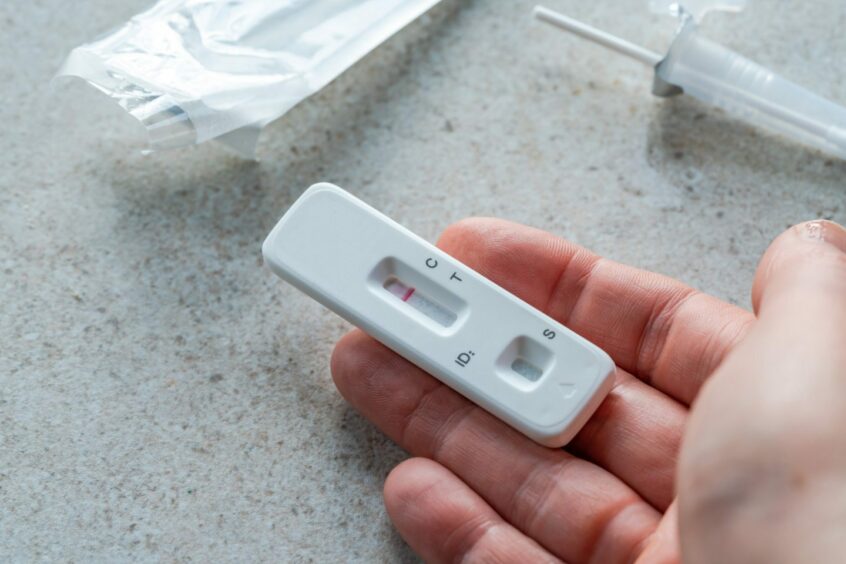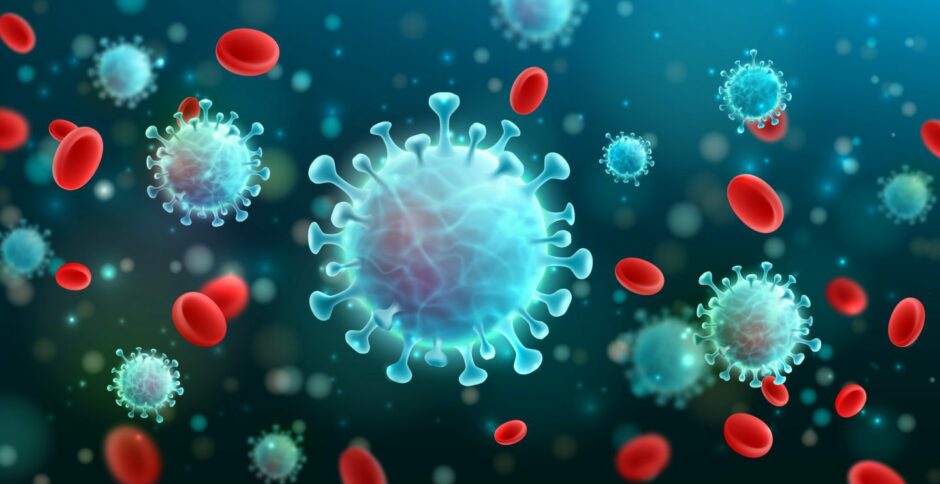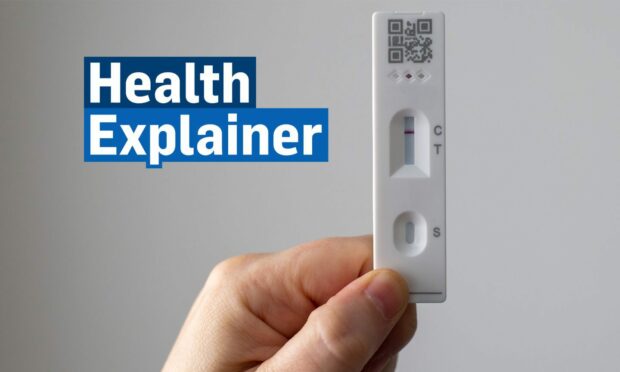Chances are by now, either you or someone you know has had Covid-19.
And with one in 15 Scots testing positive last week, the number of people who are yet to be infected is growing smaller and smaller every day.
But are you someone who is yet to catch the virus? Or maybe you know someone who has managed to dodge infection despite numerous close calls.
So how have some people managed to avoid catching Covid for almost two and a half years? Is it their DNA? Is it to do with the virus? Or is there another reason?
We’re answering all your questions on why some still haven’t caught the virus.
Why haven’t I had Covid yet?
There are a number of theories as to why someone might have been able to avoid Covid infection so far.
Maybe it’s down to pure luck, or somehow avoiding exposure to the virus.

But given the high levels of transmission within our communities at the moment, it’s unlikely someone hasn’t ever been near an infectious person, either at work, school, on public transport, or in shops, restaurants and other venues.
It’s possible these people have simply not been in contact with the virus, or haven’t been around it long enough to catch it.
However, experts think there could be logical and scientific reasons some people haven’t caught it yet.
Failing to establish an infection
According to The Vaccine Alliance, one theory is that for some people, Covid fails to establish an infection even after gaining entry to their airways.
This could be due to a lack of receptors in the nose, throat and lungs, needed for Covid-19 to gain access to cells and infect them.
Researchers have identified that different people have different immune responses to Covid. This plays a role in determining the severity of symptoms.

It’s possible a quick immune response could prevent the virus from replicating to any great extent in the first place.
This means for some people, the virus could potentially be nipped in the bud before it’s given a chance to spread and infect the body.
Research is currently being carried out in the US to determine whether genetics plays a part in Covid resistance.
Recent exposure to a related virus
Another possible explanation could be prior exposure to a related virus. Previous infection with other types of coronaviruses leads to something called cross-reactive immunity.
This is where our immune system may recognise Covid as being similar to a recent invading virus and launch an immune response.

There are seven coronaviruses that infect humans, four of which cause the common cold.
So, if you’ve had a cold and were exposed to Covid-19 soon after, it could be that your body has conflated the two and has been able to combat it with the same immune response as the one that attacked the cold.
Vitamin D
One study has shown a vitamin D deficiency has been linked to more severe Covid symptoms.
It plays a key synthesizing role in immune responses to infections, including Covid-19.
The research found if you are deficient in vitamin D, you are also significantly more likely to become infected than people with sufficient vitamin D levels.
So, could your vitamin D levels be the key to why you haven’t had Covid yet? More research is needed in the area, but preliminary findings show it could play a role.
- Have you managed to avoid catching Covid? We’d love to hear your story. Comment below or email healthandwellbeing@thecourier.co.uk to tell us more.
Scottish Government announces autumn/winter Covid-19 booster programme – but are you eligible?


Conversation